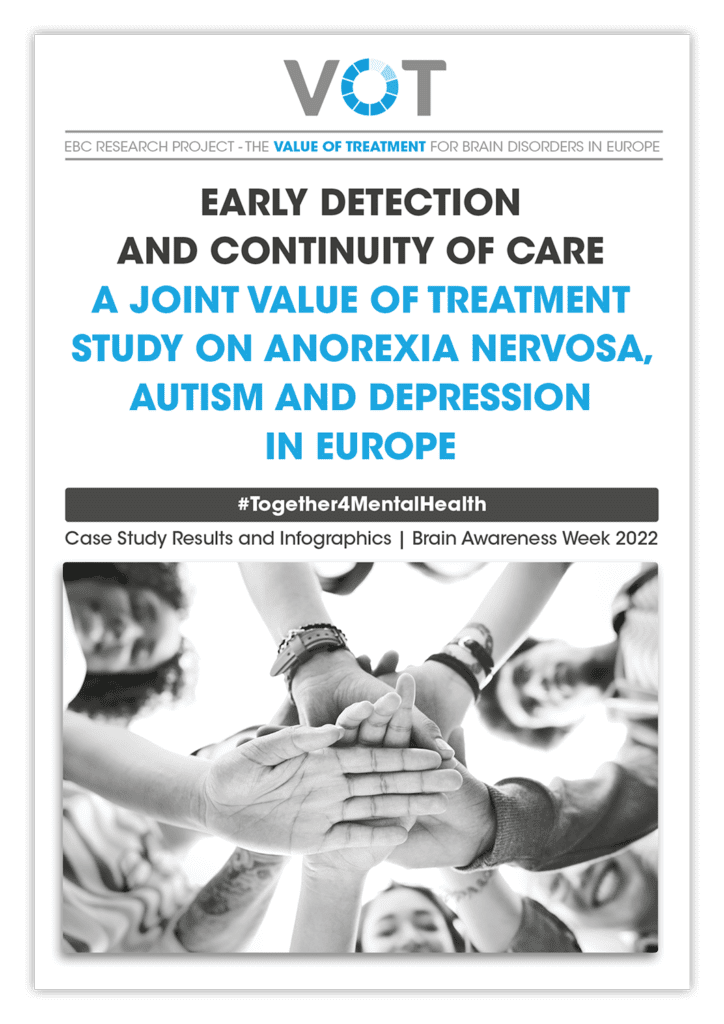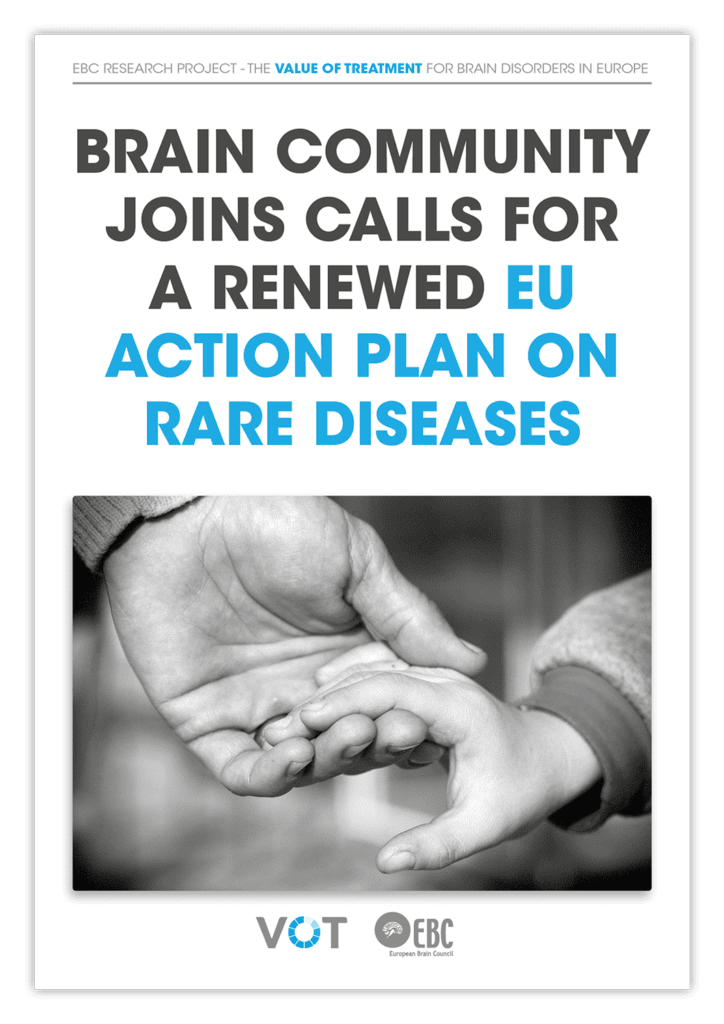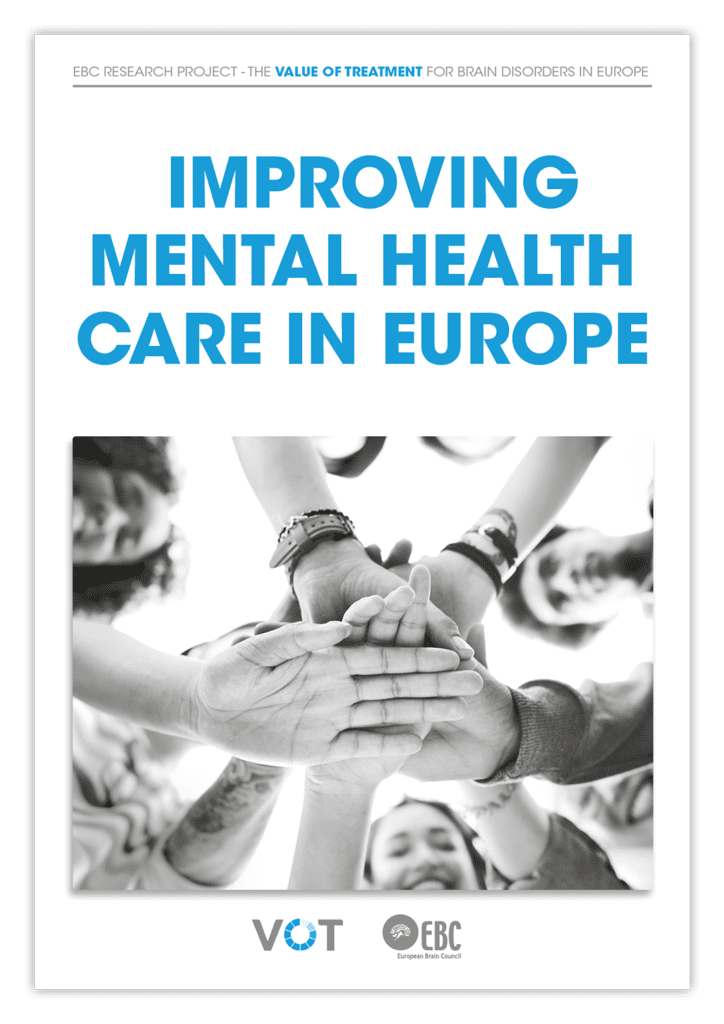Value of Treatment: 2nd Round
A second round (VOT2) on new therapeutic areas was launched in 2019, focusing on The Value of Early Diagnosis and Coordinated Care for Rare Diseases (Ataxia, Dystonia and Phenylketonuria); and The Value of Early Intervention and Continuity of Care for Mental Disorders (Anorexia Nervosa, Autism Spectrum Disorder and Major Depressive Disorder).
Seamless, coordinated care is defined as “a service characteristic which is manifested by coherent treatment plans for individual patients. Each plan should have clear goals and should include interventions that are needed and effective: no more, no less. In particular, by seamless care, we mean the coordination of information and services within an episode of care (both in-patient and out-patient care or within and between services). Inter-linkages between staff and between agencies over a longer period of treatment, often spanning several episodes are also considered”. It is clear that the reality of orphan diseases management or mental health care is increasingly situated at the network level. In addition, transitions between healthcare facilities pose a risk in healthcare. Therefore, the need to address this.
Study scope focuses on patient needs, early intervention and coordination/continuity of care using the care pathway as a tool recommended at the first step of the research to understand better the condition from onset to rehabilitation and recovery while identifying the treatment gaps, and to translate clinical practice guideline recommendations into health care processes, sequences for improved outcomes. To improve the quality of life, the following outcome parameters such as efficacy, functional disability, distress, co-morbidities among others will be taken into consideration. It is proposed to reach a consensus on optimized care pathways and discuss harmonized datasets (health economics perspective) based on a VOT patient-centred approach.
Throughout 2020, joint working sessions aimed to exchange and build synergy between the research-work and the European Commission DG Sante Rare Diseases European Reference Networks (ERN-RND and MetabERN) as well as the EU H2020 PECUNIA project on mental health services. A VOT2 mid-term review took place on 18 May 2020 followed by two meetings to discuss the method which respectively took place on 6 October 2021 and 11 December 2021. Moving on towards the project last phase (phase 3 “final results and publications”), EBC together with its members (EAN, EANS, ECNP, EFNA, EPA, EPNS, EUFAMI, FENS, GAMIAN Europe, IBRO) and experts who are participating in the research convened a meeting on 8 June 2021 to present a synthesis of the VOT2 research project results so far. Both EBC position papers on rare diseases and mental disorders respectively will be released on 15 March 2022 (Web Launch) to be followed by scientific publications (Q1 2022). Beyond the research design and considering current context, the impact of Covid-19 on treatment and healthcare transformation will be also further explored.
Case Study Results & Calls to Action: Rare Brain Disorders & Mental Disorders
Academic partners
Rare diseases case studies

Research conducted in close collaboration with the European Reference Networks (ERN-RND and MetabERN).
Mental disorders case studies

Value of Treatment Scientific Publications & Articles
Rare Diseases Case Studies
Mental Disorders Case Studies
VOT2 Synthesis Meeting – 8 June 2021
The full recording of the Value of Treatment 2 Synthesis Meeting is available here.





